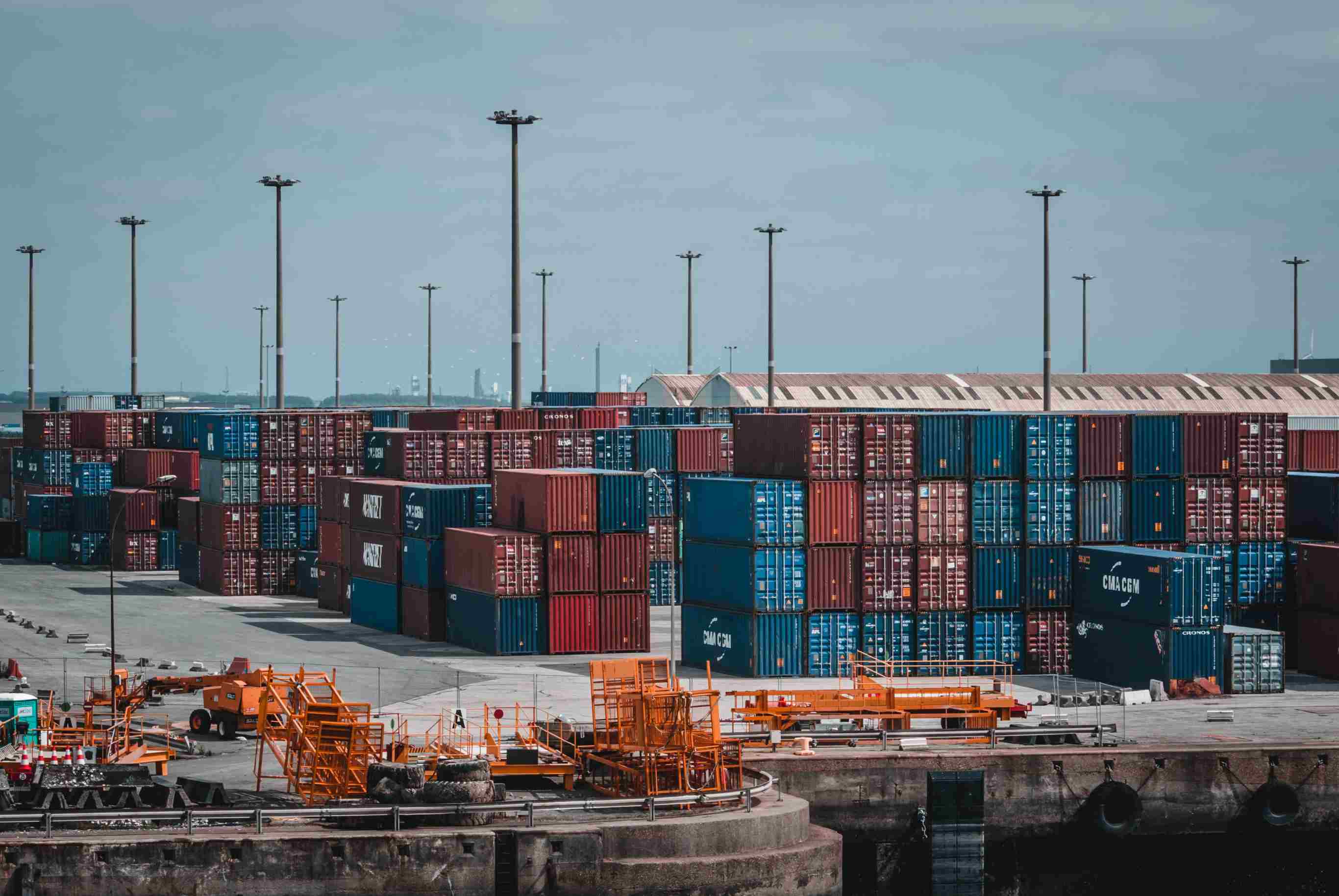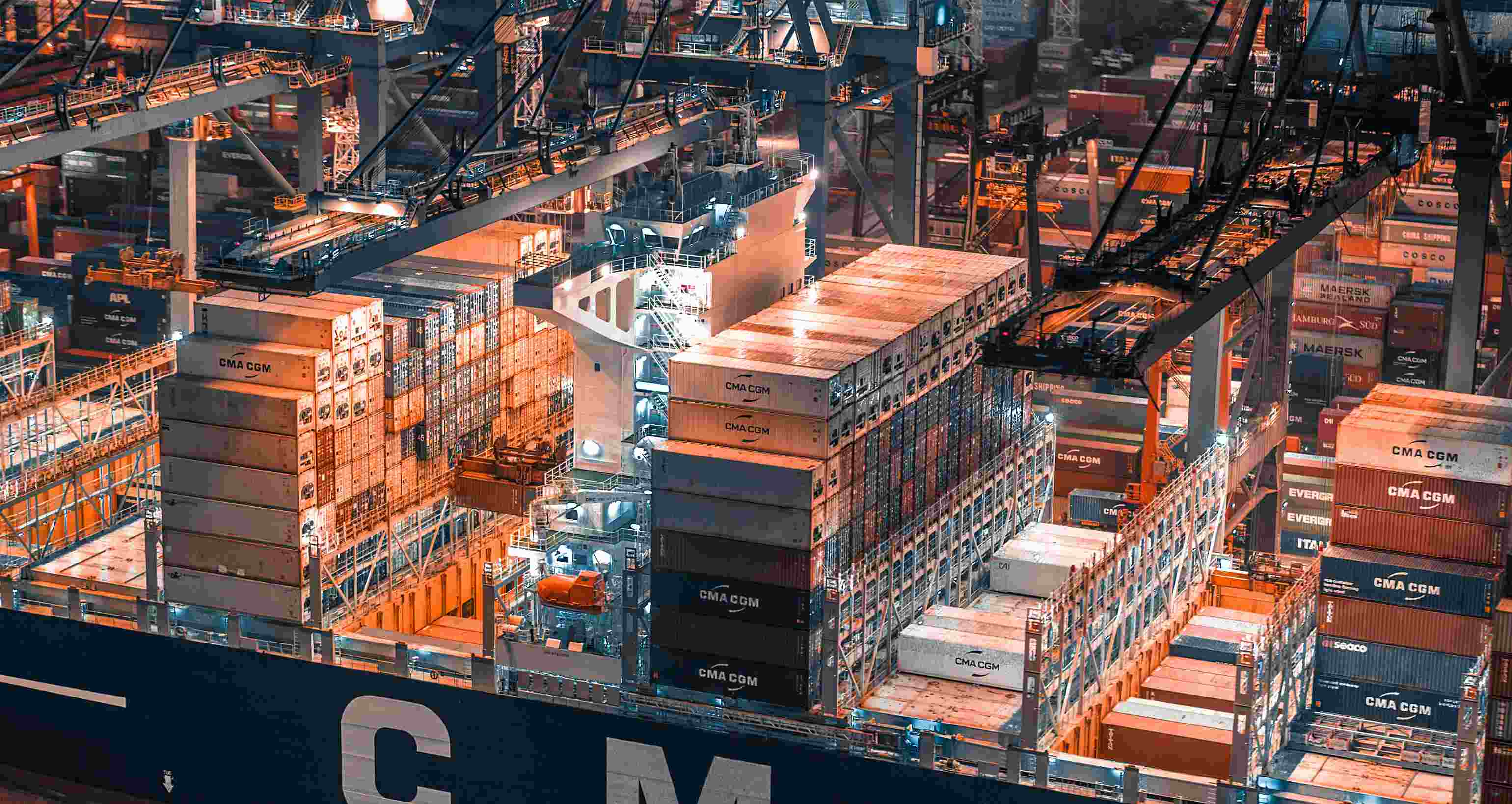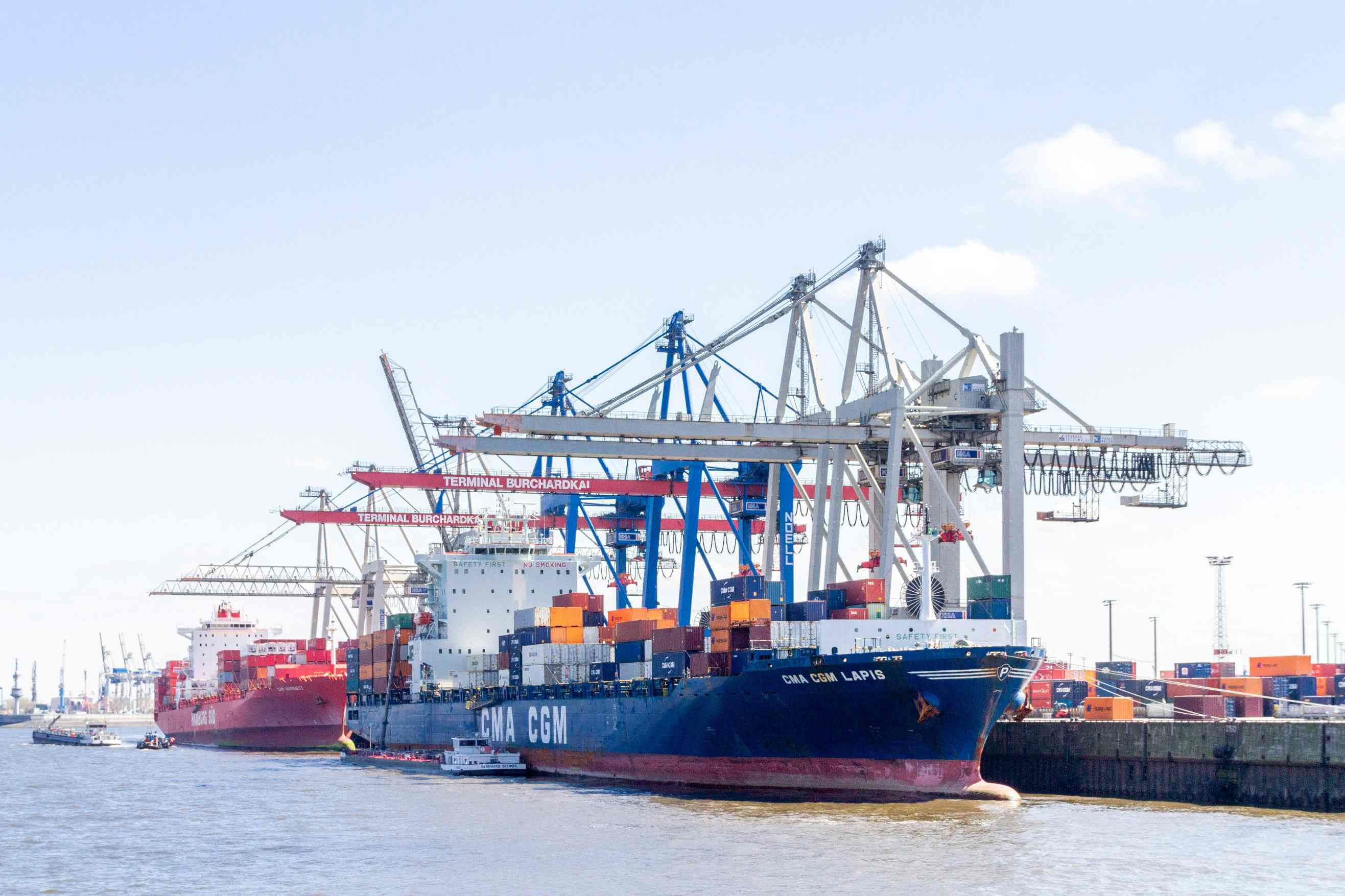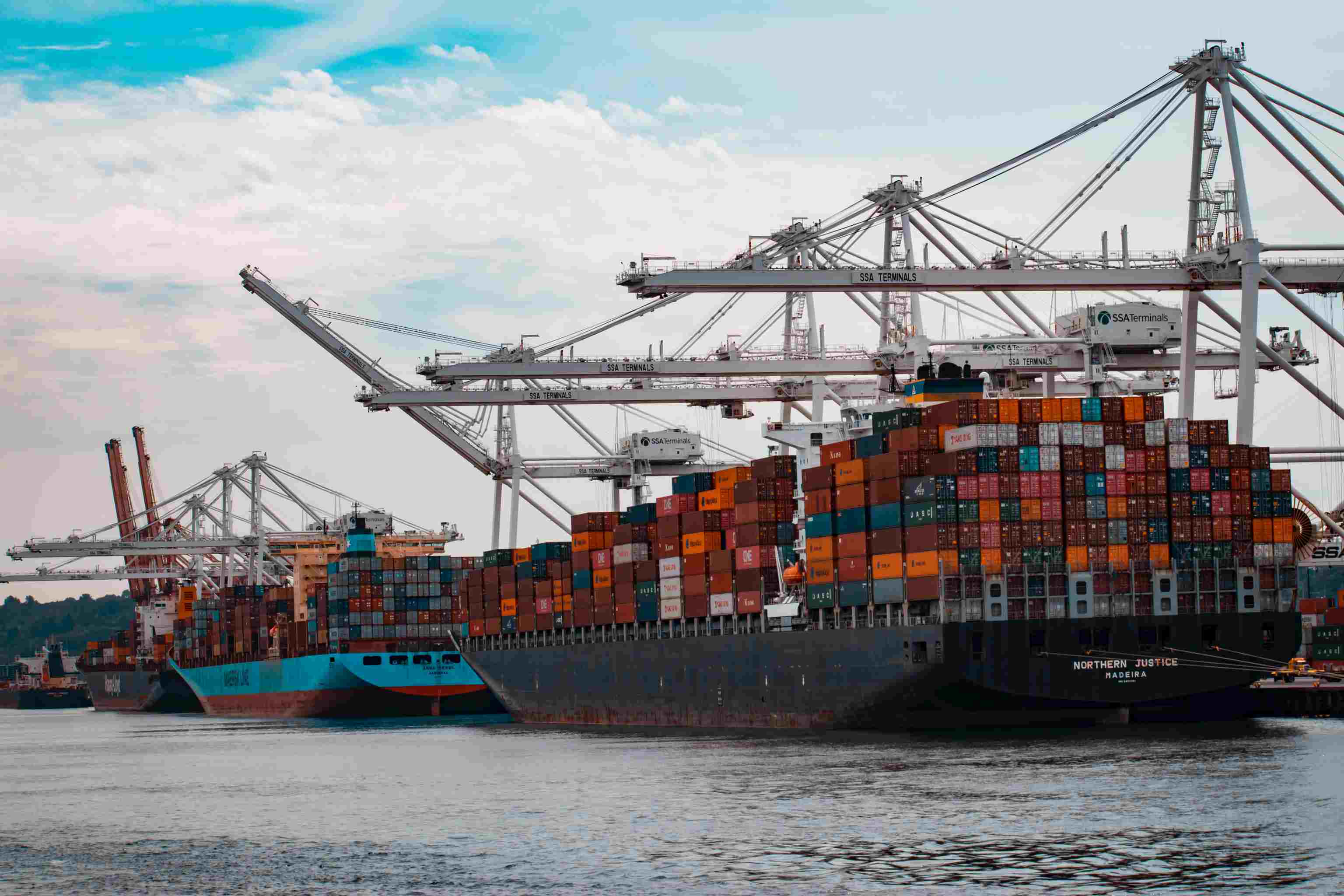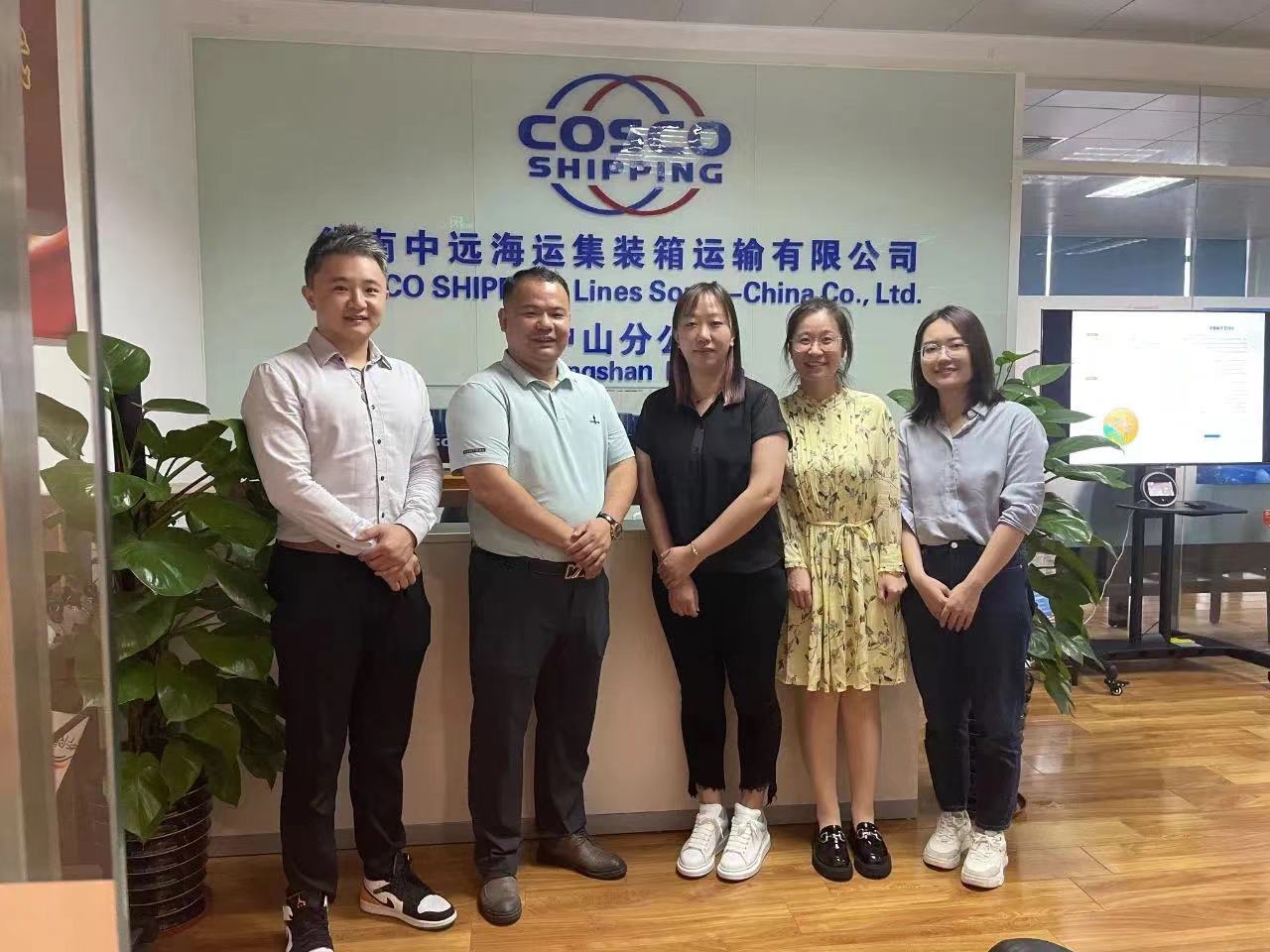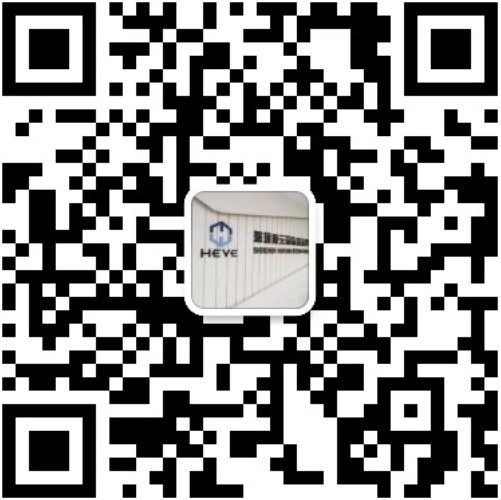General Administration of Customs: cross-border e-commerce "customs clearance" policy suspended
Author: Zhao Shi Zhijun
Yesterday, the Customs Department of the Ministry of Finance revealed that with the approval of the State Council, a one-year transition period was provided for the relevant regulatory requirements set out in the "Cross-Border E-Commerce Retail Imported Commodity List". Cosmetics, infant formula, medical devices, special Requirements for approval, registration or filing of food for the first time.
Since 2012, Tianjin, Shanghai, Hangzhou, Ningbo, Zhengzhou, Guangzhou, Shenzhen, Chongqing, Fuzhou, Pingtan and other 10 pilot cities have launched bonded online purchase and direct purchase import business, and other parts of the city have also launched direct purchase import business. The "Cross-Border E-Commerce Retail Imported Commodity List" stipulates that when entering "frontline" of bonded goods purchased online, customs clearance forms must be verified according to the goods, and first-time import license approvals have been submitted for cosmetics, infant formula milk powder, health foods, etc. Registration or filing requirements.
In order to enable cross-border e-commerce companies to gradually adapt to regulatory requirements, this time the relevant departments set a transition period for cross-border e-commerce retail imports. Before May 11, 2017 (including May 11), the above 10 pilot cities will operate The first-line import of bonded goods purchased online will not check the customs clearance form temporarily, and will not implement the first import permit approval for cosmetics, infant formula, medical equipment, special foods (including health foods, special medical formula foods, etc.), Registration or filing requirements; the direct purchase model in all regions does not temporarily implement the first import license approval, registration, or filing requirements for the above products.
Li Pengbo, deputy chairman of the CCPIT Cross-Border E-Commerce Level Testing Expert Committee, revealed that during the policy transition period, the tax policy in the new policy will remain unchanged and the quotas will remain unchanged; customs clearance orders and first-time import licenses in the "positive list" will not be implemented for the time being. , Registration, filing and other requirements.
■ Explain
Some approval procedures take up to 1 to 2 years
On April 7th and 15th, the Ministry of Finance successively issued two batches of "Cross-border E-commerce Retail Import Commodity List" (positive list). It includes a total of 1,240 8-digit tax number goods, mainly consumer goods that have certain domestic consumption needs and can be entered into the country by express mail or mail. These include some food and beverages, clothing, shoes and hats, household appliances, and some cosmetics, diapers, liquid milk and adult milk powder, imported medical equipment, herbal products, and so on. According to the regulations, the products in the list enter the zone “frontline”, and they need to provide a customs clearance form, that is, they can pass the certificate of origin and inspection and quarantine certificate and other materials to obtain the “customs clearance form” issued by the inspection and quarantine institution before they can be put on the shelf.
This makes cross-border e-commerce the same as general trade in terms of supervision, and the "customs clearance form" has become an unexpected problem for cross-border e-commerce.
The so-called "customs clearance form" is also the "inbound cargo clearance form system", which belongs to the traditional general trade supervision method. When the goods enter China for declaration to the national inspection, in addition to the "quarantine" link, they need to provide the corresponding certificate of origin, health Documents such as certificates, sales permits, animal and plant inspection certificates, and quality inspection reports have long and complicated approval processes that cannot meet the high timeliness requirements of cross-border e-commerce services that directly serve consumers.
According to the above requirements, taking imported health food as an example, the first import of health food supplemented with vitamins, minerals and other nutrients must be filed with the Food and Drug Administration. It is understood that there are only more than 700 categories registered in the Food and Drug Administration. The approval time for each category is 1 to 2 years, and the cost of testing and filing is between 500,000 and 1 million.
■ Interpretation
Slowly submit the "Customs Clearance Form" to give e-commerce transition opportunities
A large cross-border e-commerce company has stated that according to previous policies, 644 of the 1240 tax number commodities included in the positive list need to meet the pre-approval conditions to obtain "import customs clearance forms"; and these 644 tax numbers Corresponding cross-border e-commerce products account for 95% of current cross-border e-commerce products. For example: "For cosmetics, the first import of cosmetics must be approved by the Food and Drug Administration for the approval of cosmetics. First, the sample needs to be sent to the cosmetic administrative license inspection agency designated by the Food and Drug Administration for testing. The test takes an average of 2 months. After that, it was sent to the Cosmetics Division of the Food and Drug Administration's Department of Pharmacy and Chemicals to enter the filing process. The filing process took an average of 6 months. In addition to the waiting time in the queue, the complete filing process took at least one year if it went smoothly. "
Some insiders said that if the requirements of the list are met, some products that are not on the list will face delisting.
The deferral policy is equivalent to giving the pilot cities and cross-border e-commerce companies a chance to make transitions and transformations. They can use this time to make better preparations. In this regard, cross-border e-commerce companies can respond from three aspects, including optimizing costs, reducing bulk product costs, improving and optimizing operations, logistics and warehousing through large-scale centralized procurement; expanding categories and digging out the world's best quality products To create "new explosion models" and give more choices; lay out a variety of trade methods in advance, and can quickly make adjustments based on policy changes, such as cross-border, bonded, direct mail, Haitao, etc., different trade methods correspond to different User needs and merchandise.
